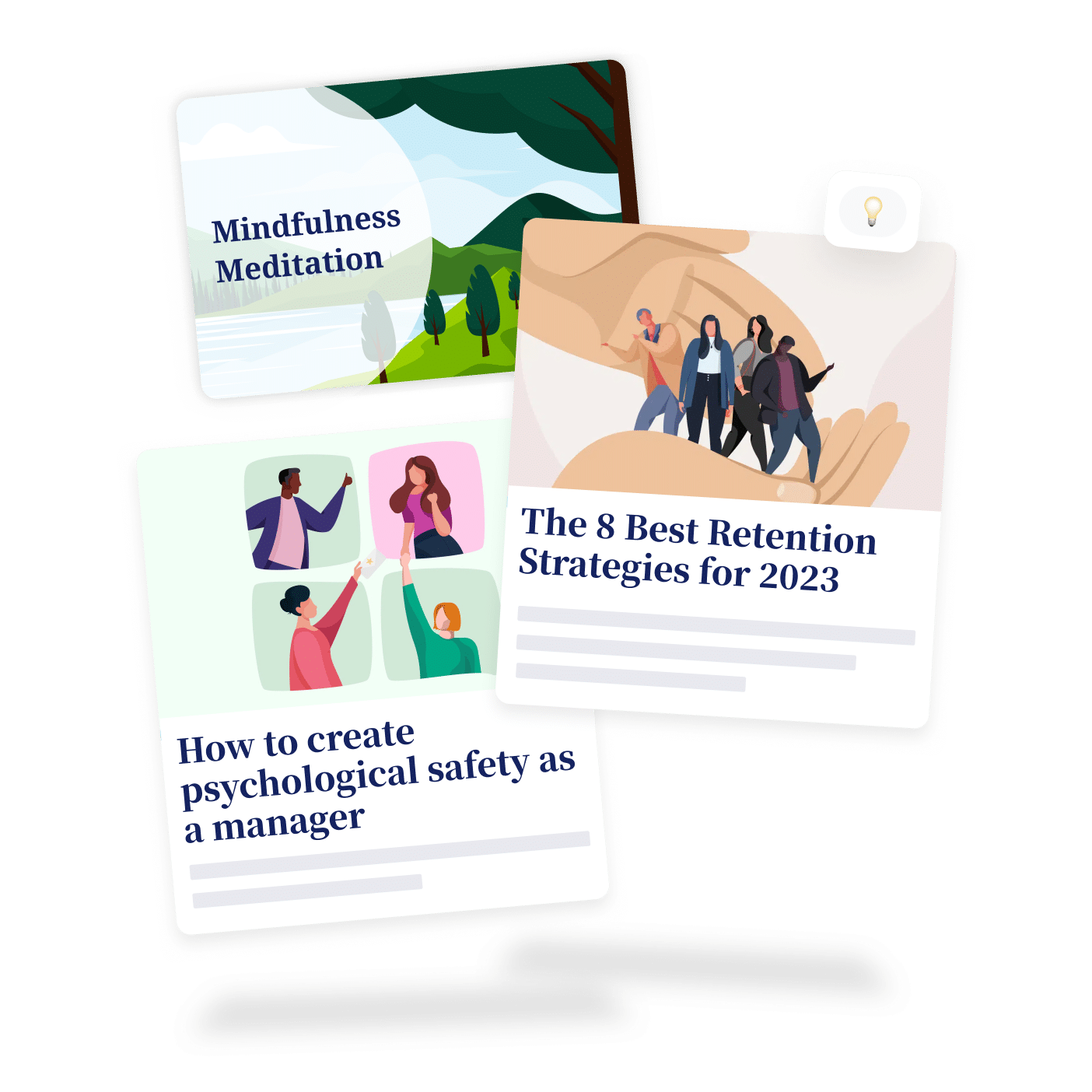In this article, we explain why a person-centred corporate culture is crucial to meet the needs of employees and how you as an HR professional can actively promote this person-centred approach.
New Work Trends in The Workplace
The covid pandemic has already significantly accelerated previous work trends. For many office workers, hybrid working has ceased to be a “nice to have,” but a prerequisite when looking for a job. However, this brings new challenges: since in-person contact in the office is missing, social dynamics and corporate culture are subject to significant changes.
To compensate for this lack of connection, an empathetic, person-centred approach is needed. A McKinsey study of more than 16,000 employees shows that interpersonal relationships and an interesting job are the most important factors for job satisfaction.
Interviews conducted by McKinsey with over 70 CHROs in Europe’s largest organisations also show that productivity is higher among employees who feel connected to the organisation.
“In the workplace, personal contact is mixed with professional contact. This interesting relationship thrives best when employees feel connected to their colleagues and to the company’s mission,” says Willemijn Pels Rijcken, a psychologist at OpenUp.
💡 Learn more about how corporate culture and well-being are linked here:
How Work Culture and Mental Health Are Connected
Other important psychological factors include:
- Room for growth: This does not only mean the opportunity to develop, but also the chance to grow into the role when you start in the company. A positive culture where employees aew allowed to mistakes and grow from them, as well as an open dialogue, are important factors here.
- Openness in the workplace: This factor includes the freedom for employees to express thoughts, doubts, wishes, and needs. Openness also includes being receptive to trying various ways of working and being open to both giving and receiving feedback on a frequent basis. In addition, space for authenticity can be provided by actively asking employees how they would assess or approach certain projects or situations.
- Recognition and reward: Employees need to feel valued and appreciated for the work they do, so creating a culture of praise and recognition is essential here.
👉 Read more about why psychological safety is important in the workplace and how you can promote it: How to Create Psychological Safety at Work as a Manager






